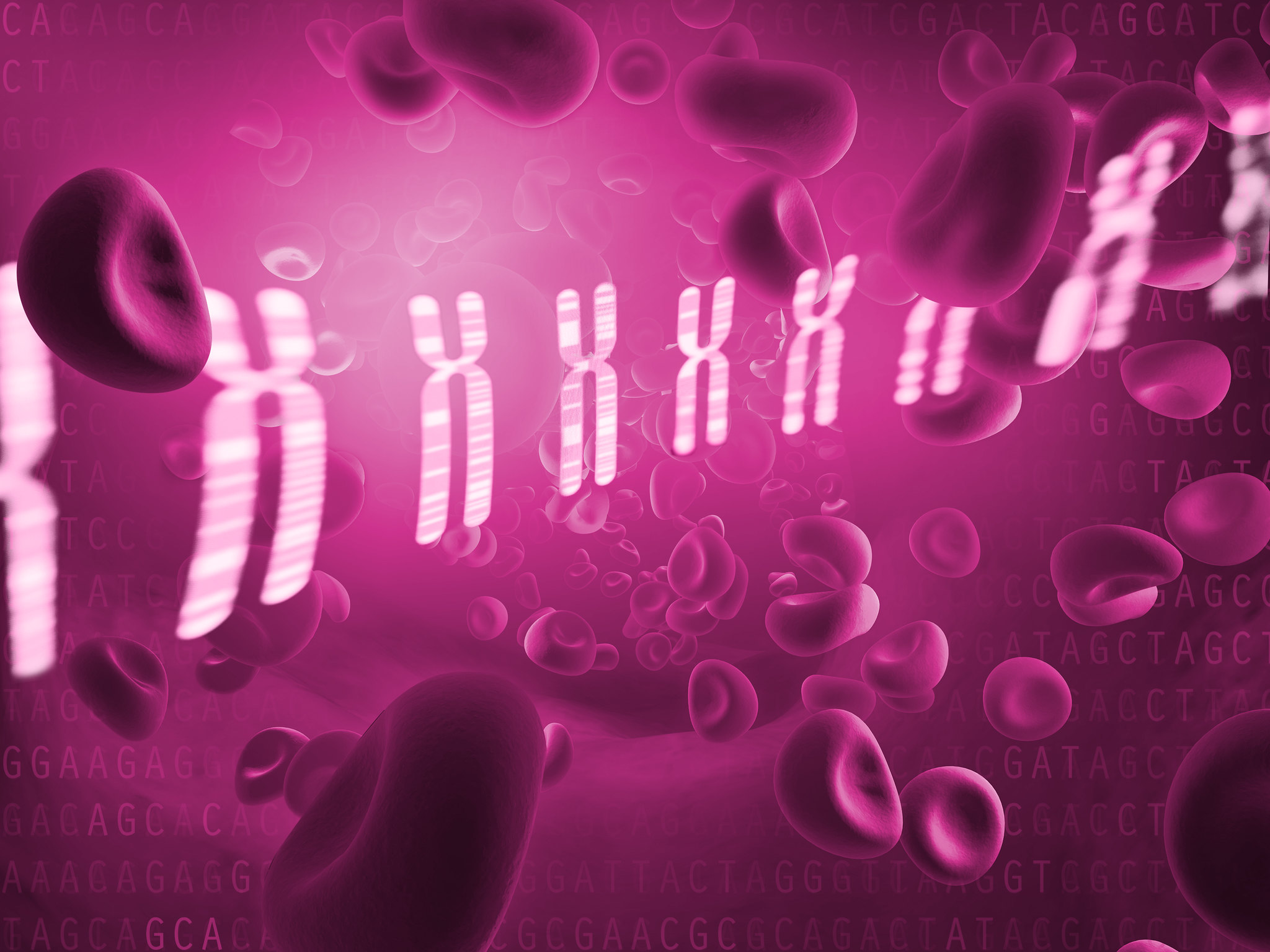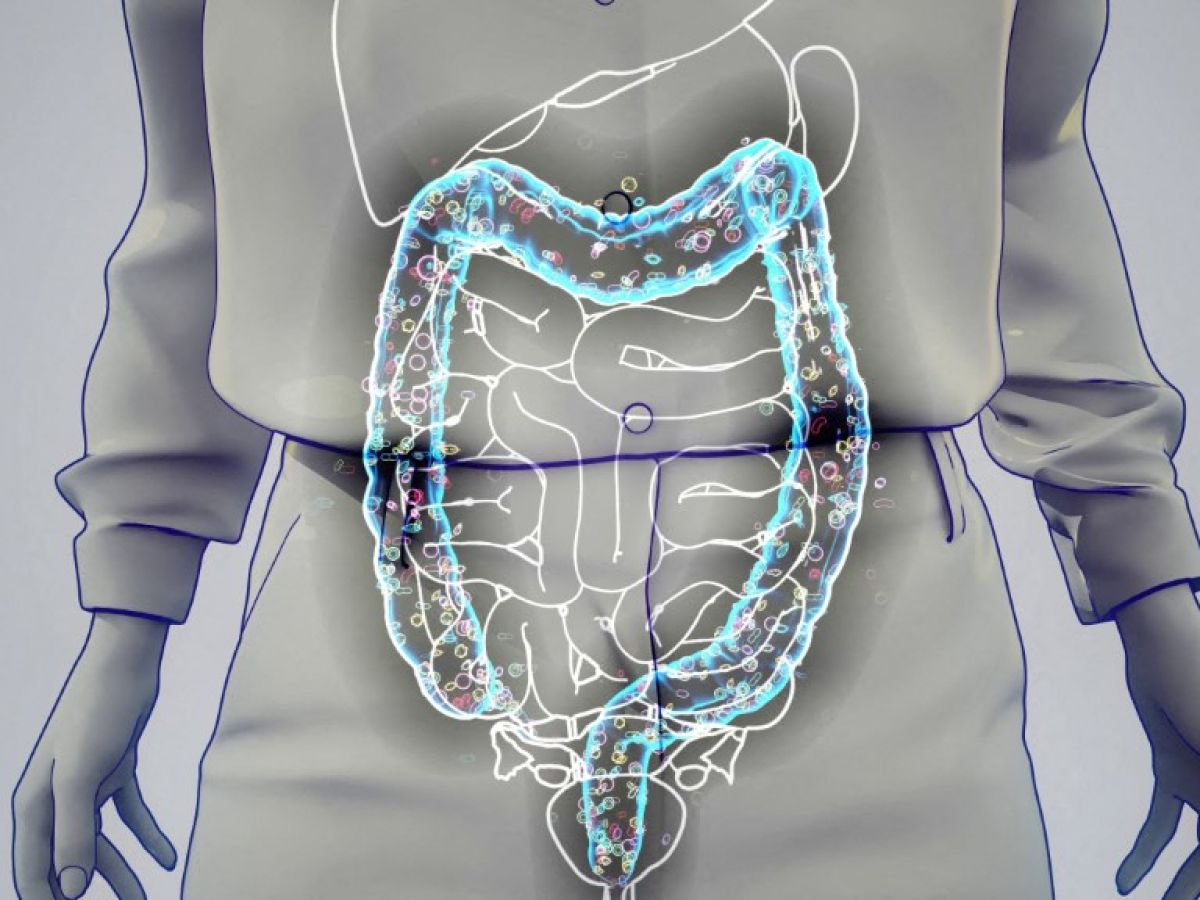
You are here
Press release
Wednesday, October 23, 2024
Researchers will work to find more targeted treatments for aggressive blood and bone marrow cancers.
The National Institutes of Health has launched a precision medicine clinical trial to prove the concept. The goal is to evaluate new treatment combinations that target specific genetic mutations in the cancer cells of patients with AML and MDS. This trial is funded by the National Cancer Institute of NIH (NCI) and aims to accelerate the development of tailored treatment options for aggressive blood cancers.
NCI Director W. Kimryn Rathmell said, "NCI is uniquely positioned to conduct this study. It is part of NCI's Precision Medicine trials that are helping pave the way for more personalized cancer treatment." By making these clinical trials available in local communities, we can bring the latest scientific advances closer to the people who live there and ensure that the information we gain from study participants will benefit other patients.
AML and MDS can be a very heterogeneous group of cancers that progress rapidly. Dr. Richard F. Little of the NCI's Division of Cancer Treatment and Diagnosis said that therapeutic advances depend in part on the ability to quickly identify each cancer patient's subtype so that treatments can be tailored to their cancer. Dr. Little of the NCI is coordinating the NCI trial known as The The Myeloid Cancer Molecular Analysis to Guide Treatment Choice (myeloMATCH).. MyeloMATCH aims to find drug combinations that can be used to target the disease and begin treatment as soon as possible after diagnosis.
People newly diagnosed with AML or MDS who are enrolled in this trial will initially undergo rapid genetic testing of their tumors. Depending on the molecular characteristics of their tumors, participants will be assigned either to a study testing the treatment for specific genetic characteristics and changes associated with the disease or, in the absence of an appropriate substudy, to standard treatment.
If an initial treatment shrinks a patient's cancer, patients will undergo further genetic testing to determine if they are a match for a substudy testing a specific treatment for genetic mutations associated with the remaining disease. Study researchers are using more sensitive methods, such as biomarker testing, as the patient's cancer shrinks.
MyeloMATCH aims to recruit several thousand participants over the first two years. Sub-studies will be added over time. The blood and bone marrow collected during the study will be used to develop and refine the tests and to understand genetic changes that may be associated with treatment resistance.
The National Clinical Trials Network is conducting myeloMATCH with participation from the NCI Community Oncology Research Program. The SWOG Cancer Research Network, the Alliance for Clinical Trials in Oncology (ACRIN), the ECOG Cancer Research Group, and the Canadian Cancer Trials Group will lead the initial substudies. Clinical laboratory support for the substudies will be provided by the Frederick National Laboratory for Cancer Research and the Fred Hutch Cancer Centre, as well as Children's Hospital Los Angeles.
The NCI is currently conducting three precision medicine trials, including myeloMATCH. ComboMATCH The effectiveness of new drug combinations targeting specific tumor changes in adults and children with recurrent solid tumors is being tested. ImmunoMATCH has launched a pilot study to test whether predicting the immune status of tumors can improve response to targeted treatments.
The three tests are the successors of NCI-MATCHThe NCI's pioneering precision medicine trial has shown that patients with advanced cancer could benefit from genome sequencing to plan their treatment.
Danielle Carnival is the Deputy Assistant Director of the Cancer Moonshot. To achieve this goal, the U.S. government is working to increase access to new trials, such as these, to bring targeted treatments to patients and ultimately save lives.
Learn more about myeloMATCH Currently available sub-studies.
The National Cancer Institute: NCI leads the National Cancer Program, NIH, in its efforts to reduce the prevalence of cancer and improve the lives of cancer patients and their families through cancer research, development of new interventions, and training and mentoring of researchers. Please visit the NCI website for more information about cancer. www.cancer.gov Call the NCI Contact Center at 1-800-4CANCER (800-422-6237).
The National Institutes of Health: The NIH is the medical research agency of the U.S. Department of Health and Human Services. It comprises 27 institutes and centers. The NIH, the nation's medical research agency, is a component of the U.S. Department of Health and Human Services. It is responsible for conducting basic, translational, clinical, and other medical research. Visit the NIH for more information about its programs and services. www.nih.gov.
NIH…From Discovery to Health(r)
###
